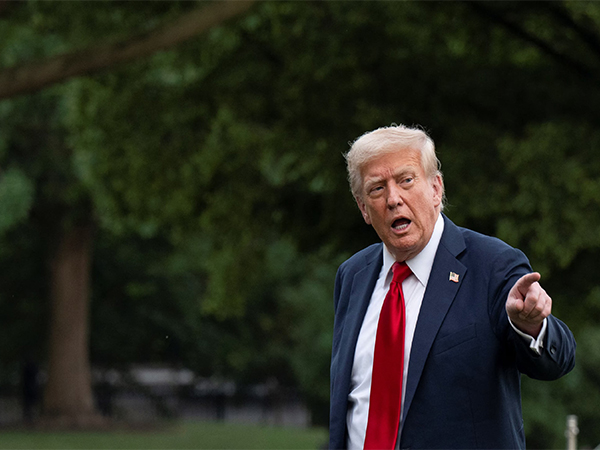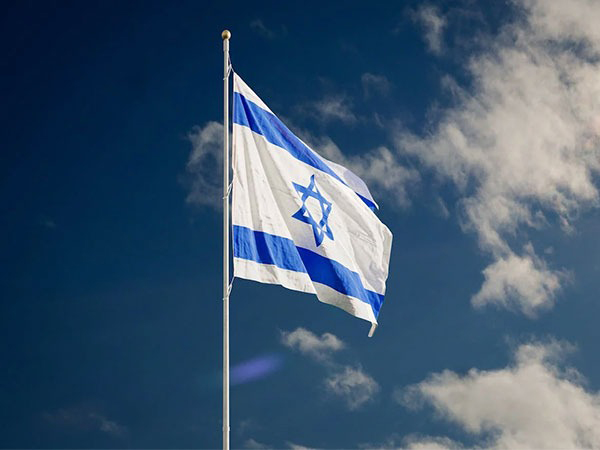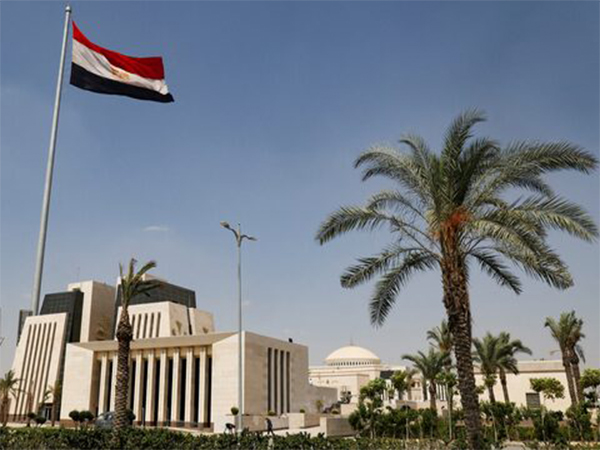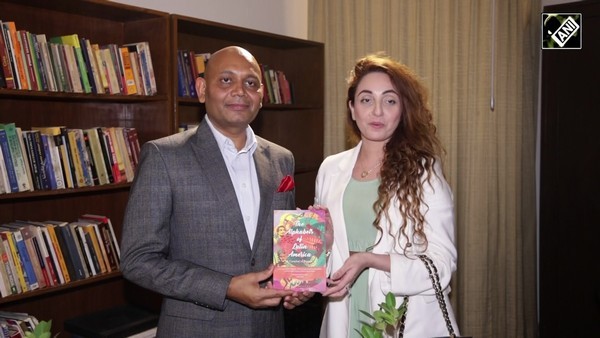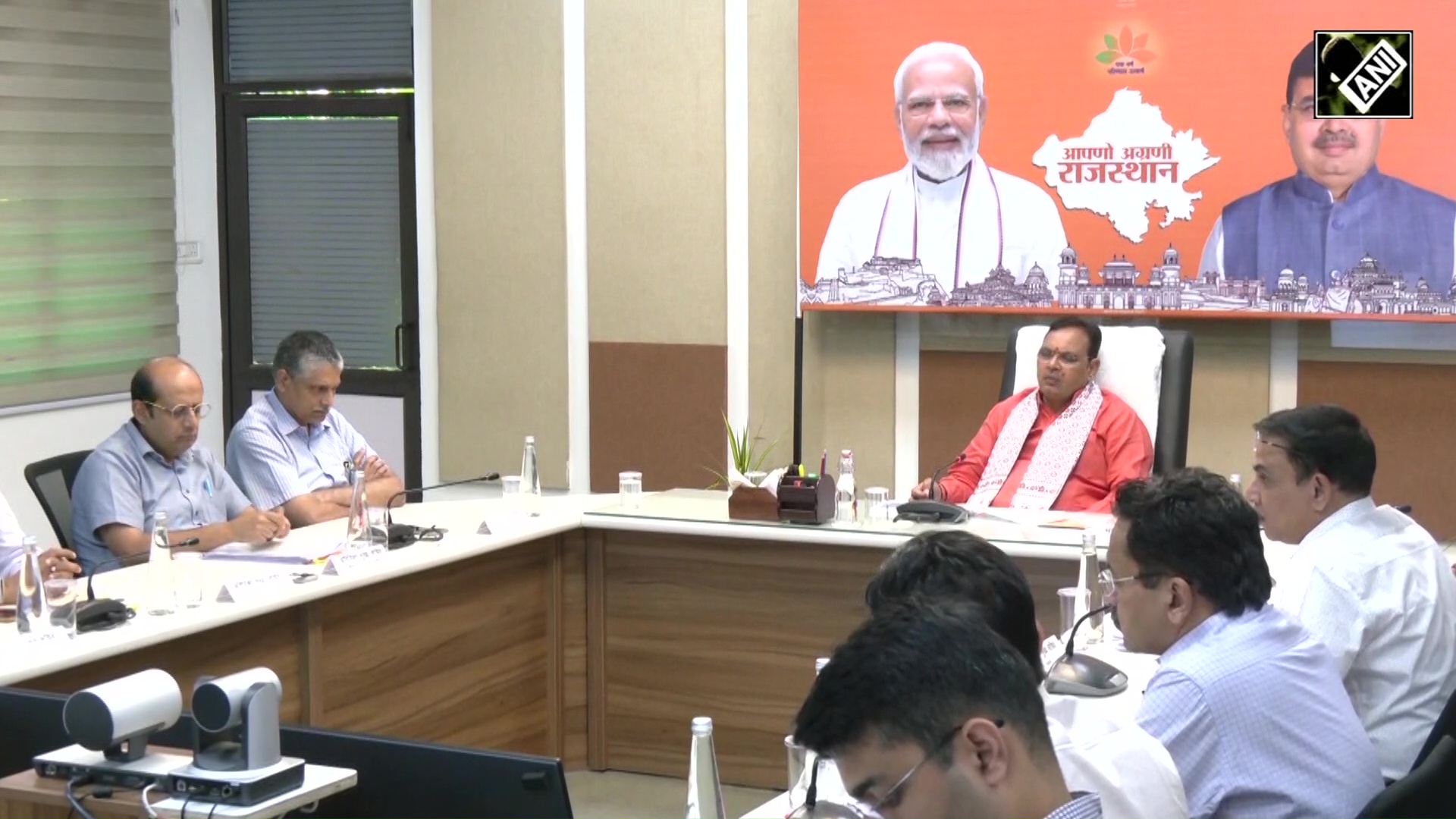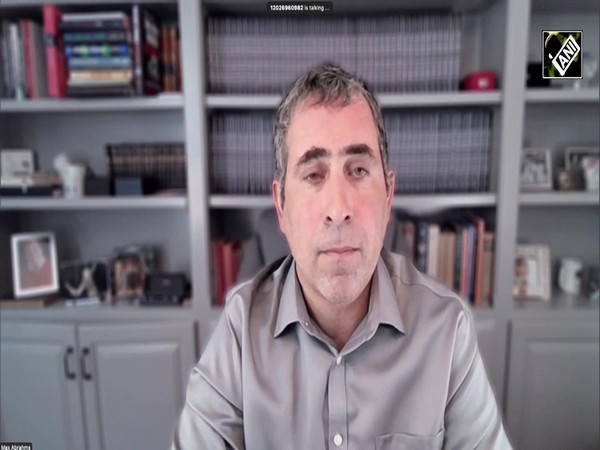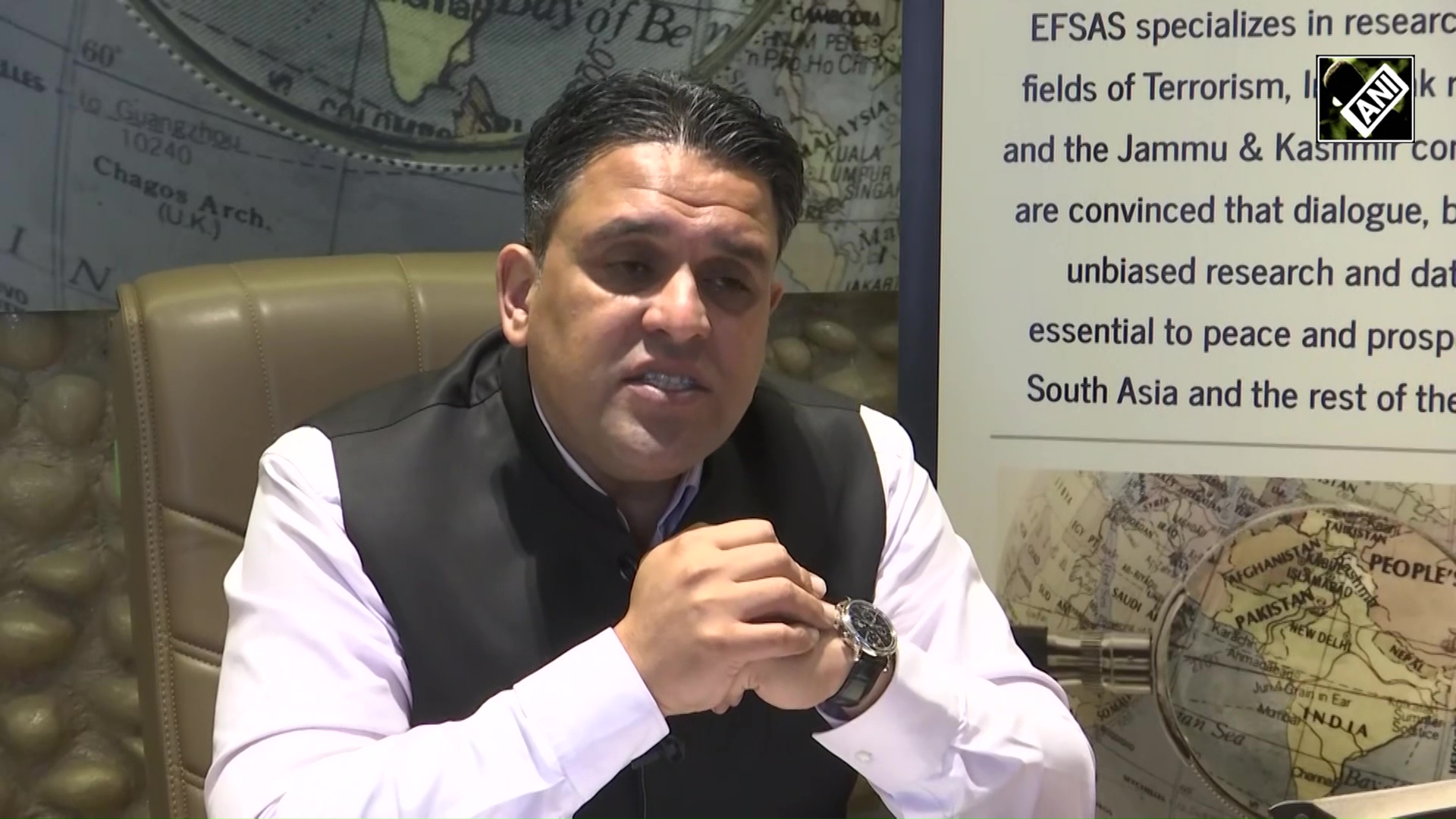Violent extremism, religious intolerance in Pakistan poses devastating consequences for its future
Mar 17, 2021

Islamabad [Pakistan], March 17 : Amid religious intolerance and violent extremism in Pakistan, the anniversaries of two brutal assassinations have cast a light on how democratic ideals have plunged in the country with potentially devastating consequences for its future.
Knox Thames for Foreign Policy writes that this year has witnessed the 10th anniversaries of the assassinations of two men - Salman Taseer and Shahbaz Bhatti - have highlighted the most lingering question over Pakistan's future - Will the country continue its slide away from the democratic ideals of its founding in 1947 toward religious intolerance and extremism?
"A Pakistan riled by sectarian hatreds and cowering in fear of religious extremists cannot modernize--and will continue to fall further behind its South Asian neighbors. And the consequences for both the region and the world could be grave if the nuclear-armed nation becomes even more radicalised," he says.
Taseer, the governor of Punjab province, and Bhatti, who was the federal minister for minority affairs, had come into the crosshairs of Sunni extremists. The two men had forged an unlikely alliance to speak up for the members of religious minorities. One of them was Asia Bibi, who was sentenced to death in 2010 for blasphemy.
Both men draw the ire of Sunni extremists for publicly advocating for Bibi's release and reform of Pakistan's draconian blasphemy law. In 2011, Taseer was shot multiple times in the back by his own bodyguard, who later on became a hero to many Pakistanis.
Two months later, members of the Pakistani Taliban brazenly ambushed Bhatti's unarmoured sedan in Islamabad and shot him dead right outside his mother's home. This incident brought worldwide condemnation, but the killers went free as Pakistani officials feared for their own lives.
Thames further writes for Foreign Policy that extremism is embedded in Pakistan's is embedded in the country's political culture--and the moderate middle that carried the country's political, social, and economic development since independence is rapidly shrinking.
Even as it took a decade to overturn Bibi's death sentence, studies have indicated that at least 75 percent of the 200 blasphemy cases in 2020 were against Muslims who allegedly blasphemed Islam.
While the extrajudicial killing spree against Taseer and Bhatti has been an issue of global condemnation, murders of members of minorities and human rights advocates continue to persist in the country. This includes the assassination of blasphemy-case lawyer Rashid Rehman and human rights advocate Khurram Zaki, as well as the mysterious death in Canada of Baluchistan rights activist Karima Baloch.
Furthermore, the forced conversion of Hindu and Christian girls, including by forced marriage to Muslim men, is common in the country and Ahmadi Muslims are regularly charged with the alleged crime of just being Ahmadi, Foreign Policy reported.
This dilapidated situation is also accompanied by repeated arrests of journalists and high regulation of the internet, yet Prime Minister Imran Khan ignores these trends at home while lecturing Europe on anti-Muslim discrimination and turning a blind eye to China's genocide of Uyghur Muslims in Xinjiang, writes Thames.
"The Trump administration was the first to designate Pakistan a country of particular concern for its severe violations of religious freedom, a move every previous Republican and Democratic administration avoided. It was the right decision, and I led the US State Department's negotiations for potentially taking Pakistan off that list again," he said in the Foreign Policy article.
While Pakistani officials claim impotence against the rising tide of violence in the country, Thames argues that military and security services can act when they want, noting that the state rounded up extremists after they called for the death of Supreme Court justices and the overthrow of the government in 2018 for acquitting Bibi.
Human rights need to be incorporated in every engagement with Pakistan on terrorism, regional security, and violent extremism. US President Joe Biden's administration can employ the Magnitsky Act as well as sanctions related to the designation of Pakistan as a country of particular concern. The European Union can attach human rights conditionalities to trade using its own established mechanisms, while other countries can deny visas to those propagating hate towards minorities, according to Foreign Policy.
"The abhorrent blasphemy law gives strength to extremists who threaten the Pakistani state, the region, and the world. Unchecked, the vicious and vengefully applied law may eventually consume the entire country," Thames said.
Meanwhile, the global terror financing watchdog, Financial Action Task Force (FATF) on Thursday retained Pakistan on its "grey list" till June after concluding that Islamabad failed to address its strategically important deficiencies, to fully implement the 27 point action plan that the watchdog had drawn up for Pakistan.
